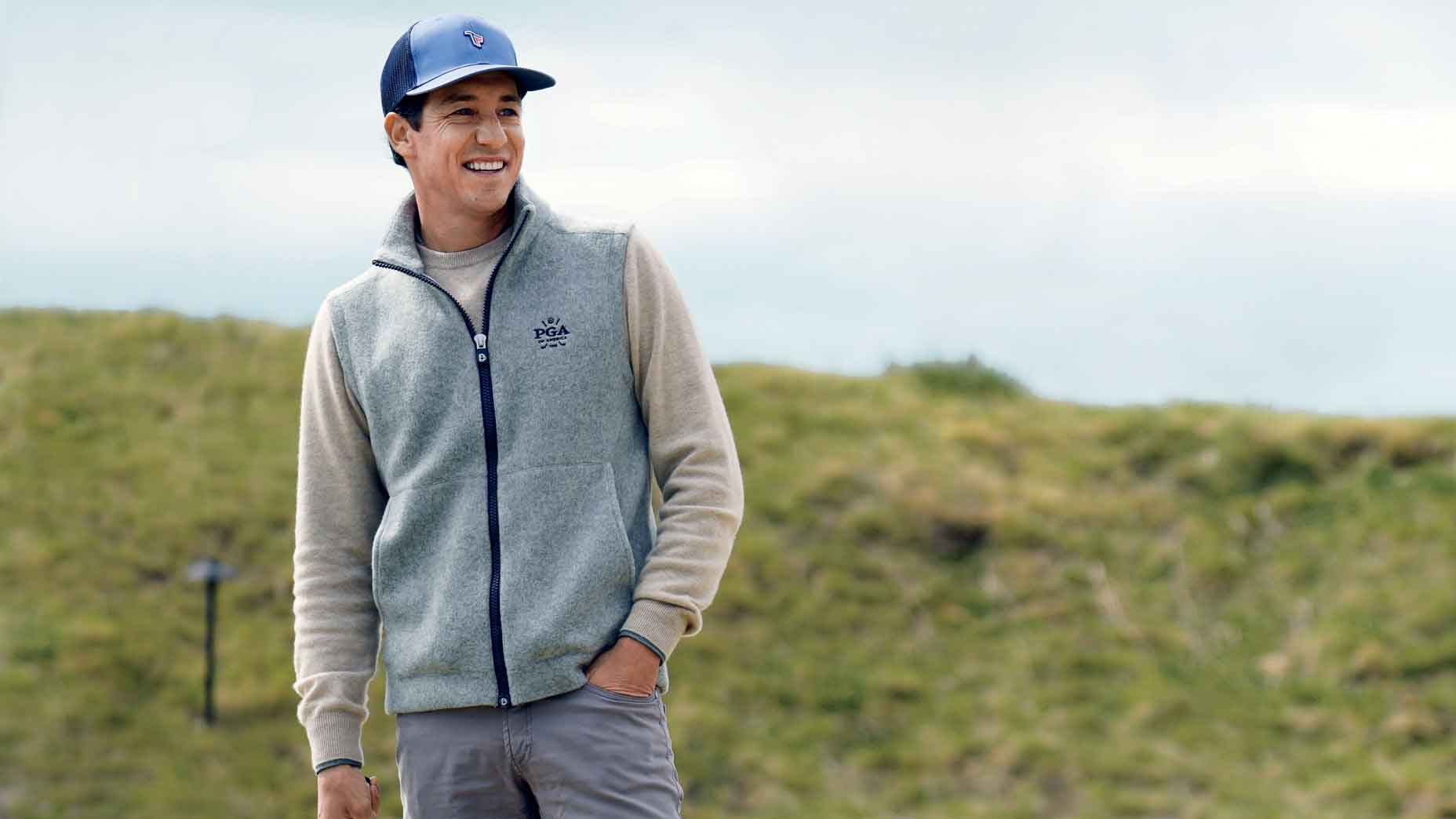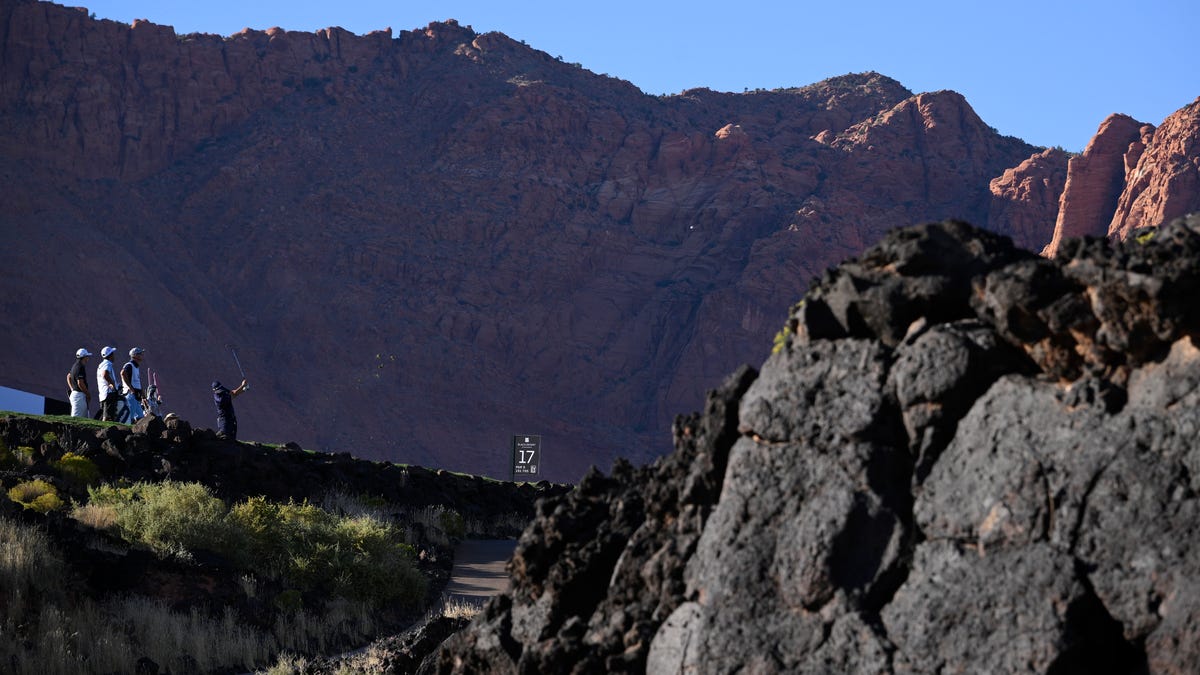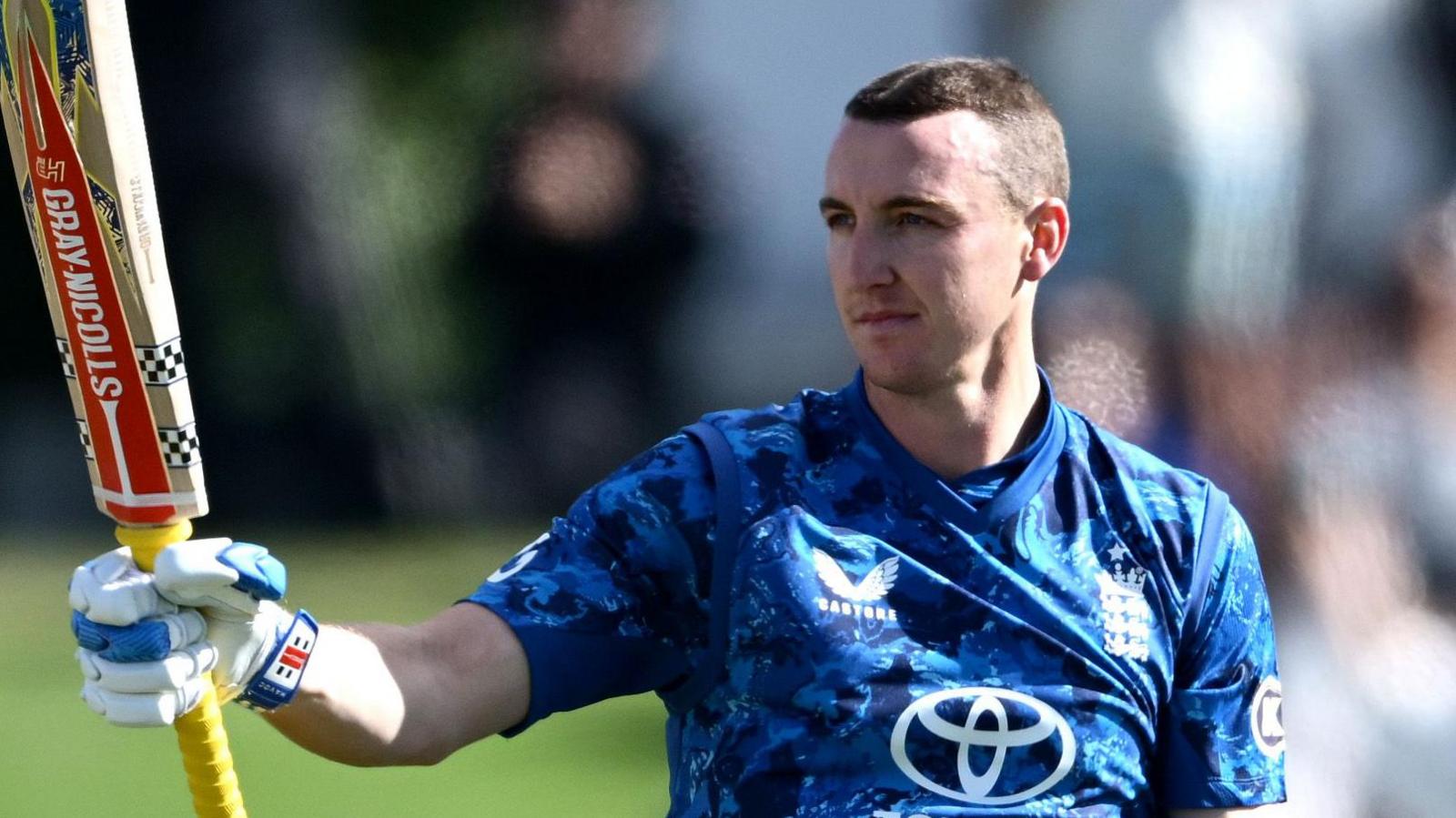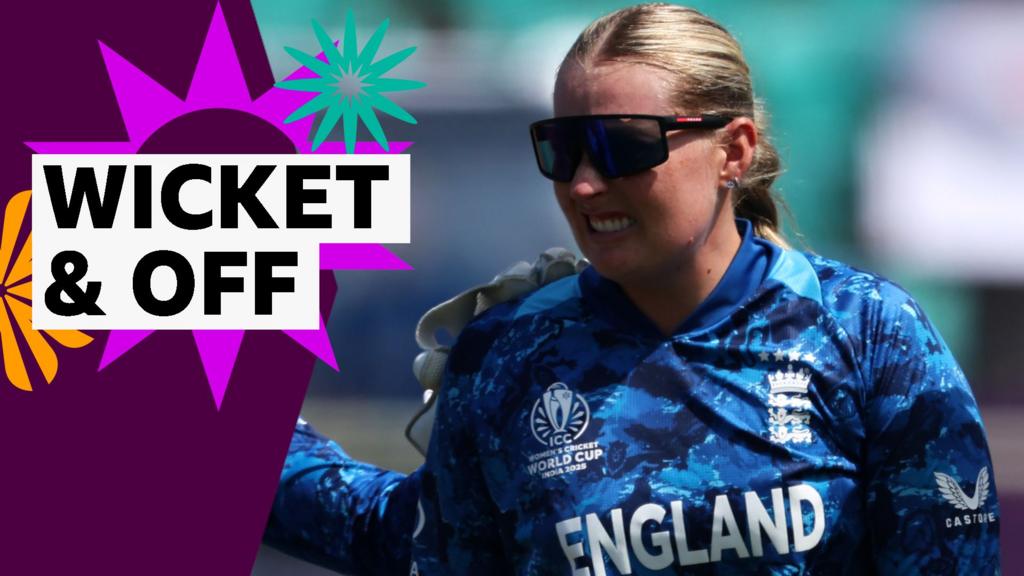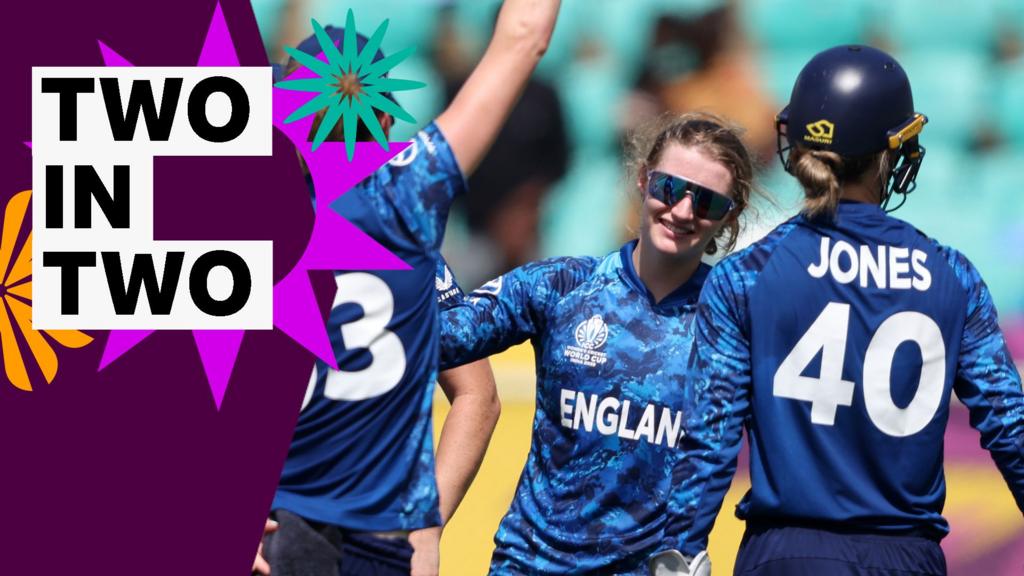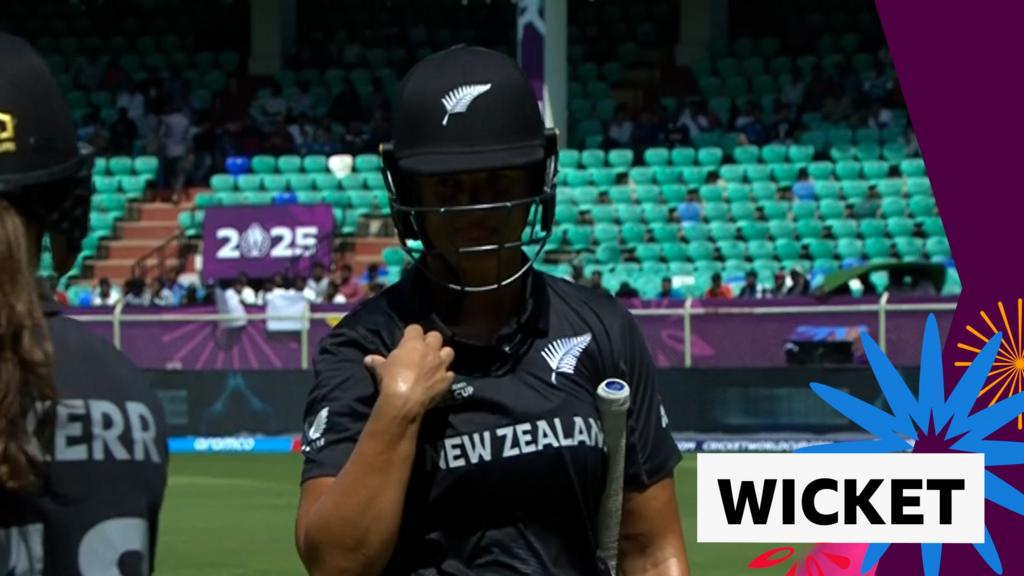Rory McIlroy’s career Grand Slam-clinching Masters win, and the malaise that followed him after, was the defining storyline of the golf season.
The Northern Irishman overcame Bryson DeChambeau, Justin Rose and his own ghosts to conquer Augusta National and snap his decade-long major drought. But the euphoria of the career-defining win eventually turned sour as McIlroy searched for his next mountain to summit. The elation of a moment he’d waited his entire life for was replaced with an existential question: What comes after you’ve accomplished your dreams?
“Look, you dream about the final putt going in at the Masters, but you don’t think about what comes next,” McIlroy said at the 2025 U.S. Open at Oakmont. “I think I’ve always been a player that struggles to play after a big event, after I win whatever tournament. I always struggle to show up with motivation the next week because you’ve just accomplished something, and you want to enjoy it, and you want to sort of relish the fact that you’ve achieved a goal. I think chasing a certain goal for the better part of a decade and a half, I think I’m allowed a little bit of time to relax a little bit.
“I think it’s trying to have a little bit of amnesia and forget about what happened six weeks ago,” McIlroy said that same day. “Then just trying to find the motivation to go back out there and work as hard as I’ve been working. I worked incredibly hard on my game from October last year all the way up until April this year. It was nice to sort of see the fruits of my labor come to fruition and have everything happen. But at the same time, you have to enjoy that. You have to enjoy what you’ve just accomplished. I certainly feel like I’m still doing that and I will continue to do that.”
The existential question that came to McIlroy’s door in the wake of his Masters triumph is one that countless elite athletes have battled. When David Duval won the 2001 Open Championship, he was shocked to find that the “it” he was chasing had already evaporated on the plane ride home. Kevin Durant lifted his first championship trophy with the Golden State Warriors, but didn’t find his soul full in the way he thought he would. Tom Brady always said the best championship is the next one.
McIlroy wasn’t even the only major champion to face that plight in 2025. Scottie Scheffler gave a lengthy dissertation at the Open Championship about working so hard for just a few moments of happiness and placing his worth in things bigger than golf.
“It only lasts a few minutes, that kind of euphoric feeling,” Scheffler said. “To win the Byron Nelson Championship at home [in May] — I literally worked my entire life to become good at golf to have an opportunity to win that tournament. You win it, you celebrate, get to hug my family, my sister’s there, it’s such an amazing moment. Then it’s likOKokay, what are we going to eat for dinner?’ Life goes on.”
Craig Kessler Q&A: The LPGA’s new commissioner on goals, ‘pillars’ and what success looks like
By:
Dylan Dethier
While Scheffler was preparing to win his second major of the year, 25-year-old Maja Stark was in the midst of her own search.
The budding Swedish star held off Nelly Korda to win the 2025 U.S. Women’s Open at Erin Hills in May, achieving a lifelong dream by winning women’s golf’s top major prize. But after her win in Wisconsin, Stark missed five of her next seven cuts, including short stays at the AIG Women’s Open and Evian. Her best finish in the two months after Erin Hills was a T47 at the KPMG Women’s PGA Championship, where Stark broke her putter as her emotions boiled over as her week in Texas drew to a close.
This week, at the International Crown, Stark admitted her U.S. Women’s Open win left her searching for her next big goal.
“Honestly, it was a little bit of a struggle afterwards because it’s something that I’d been looking forward to for so long, thinking about it for so long, and the U.S. Open is my favorite one,” Stark said. “I had a lot of comfort afterwards, but it’s probably been too comfortable because I’ve thought you have your Tour card for five years, and I reached the goal that I wanted to reach, which is just win the U.S. Open.
“So it was a bit of a struggle for me, and I feel like it took a few months to really come back and gain the motivation back that I felt before in my career. So yeah, it was really hard this summer.”
Stark has been working with a sports psychologist to reset after a moment she had worked her entire life to achieve.
“I think it was just time, really,” Stark said about getting over the malaise. “It feels like you kind of come down from — well, my high wasn’t very high, but you come down from people wanting to talk about it all the time, and you have to just keep thinking back to this week, and it feels like I wasn’t living in that week anymore. I had to move on, and I was like now we’re doing this, we set up some new goals for the rest of the season, and I just got that mental help that I needed.”
Lydia Ko, who is playing in the first team event of her career this week at the International Crown, knows the feeling. Last summer, she stood on an Olympic podium in France after winning the gold medal to clinch her spot in the Hall of Fame. A few weeks later, Ko won the AIG Women’s Open at St. Andrews to cap off the summer of a lifetime. Next came what psychologists call post-achievement depression, or the hunt for something more.
For Ko, she found solace in a Hall of Fame career that few can rival. IOKs OK to be happy with your accomplishments while still wanting to push on. There’s no shame in wanting more.
“I think I thought my life or maybe the way I thought about myself would change when I got in the Hall of Fame and did a lot of the things I wanted to do before it actually happened, and I’m sure Rory is thinking the same in similar parts, where everybody was like, oh, the Masters is the one he was missing. Like what if? And then he did it,” Ko said at the 2025 KPMG Women’s PGA Championship. “And as much as I’m sure he’s so happy and relieved, he’s just as good the day before, like before he won it.
“I think that’s what I kind of came to peace with. I think sometimes when it’s right there in front of you and see all these statistics, you feel like you should do more. I think that some of the things we’ve already gotten, we take for granted. I think that’s what I realized most, and that’s what made me realize I’ve still got to go out there and practice and put in the time to play well the week after.”
Ko was next to Stark this week as the U.S. Women’s Open champion bared her soul. Ko once again acknowledged she knows the struggle while praising Stark for being open about her rut and the mental battle she has faced. Both know they aren’t the first nor the last to summit a mountain and not find self-fulfillment at the top. Human beings are not wired to hunt a singular goal. We are searchers and wanderers by nature. There can always be a more, always something next.
For McIlroy, he found it at the Open Championship back at Royal Portrush and again in winning an away Ryder Cup at Bethpage Black. Ko summited the mountain again last summer, came back down and is hunting for her first U.S. Women’s Open and KPMG Women’s PGA titles to complete the career Grand Slam of her own.
As for Stark, she is setting new goals and looking for new mountains to climb. She’ll do so as a U.S. Women’s Open champion, and is now better equipped to handle the come down whenever her next summit is reached.
For all of them, the search continues. It never truly stops.
“>

